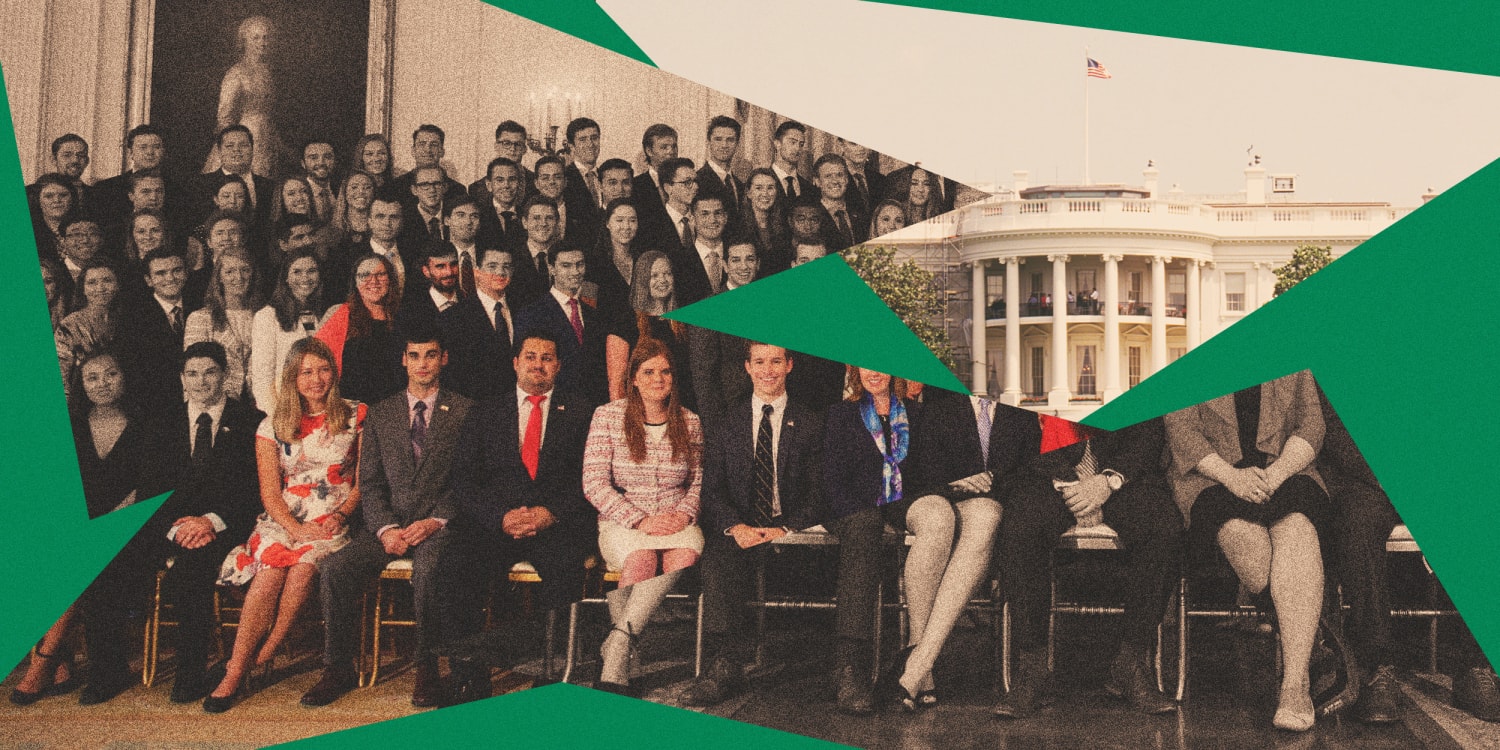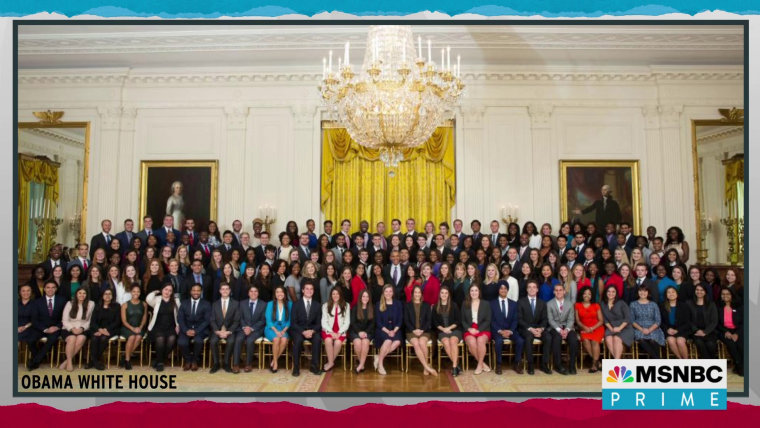It was welcome news when the White House announced that interns would start getting paid. For too long these positions lay beyond the reach of those without the means to pay their way — often thousands of dollars over the course of the summer when factoring in rent, food, professional clothing and transportation. That’s meant that the well-off get an unfair advantage in obtaining the prestigious pre-career posts that are often crucial for gaining entry into highly competitive and power-wielding positions. Too many students who have to pay for school are relegated to fast-food employment so they can afford their tuition, let alone think about pursuing internships.
Secretary of State Antony Blinken does seem to understand that his department has made the pipelines for entering the ranks too narrow, but he’s applying the wrong correctives.
I know how valuable these internships are from my own experience. Heading into my senior year of college, I got an internship at the United Nations. The experience played a pivotal role in my professional life. It was probably the main reason I was able to pass the Foreign Service exam at 21 and enter the State Department. But it was unpaid and living in Manhattan was expensive, even if I could crash at my aunt and uncle’s. So I waited tables on weekends to cover costs.
A generation later, the State Department is only just starting to pay some interns. Starting this fall, they will accept 1,000 applications for positions that will include pay and — crucially — free housing. But lots of applicants will be rejected, while the department is still advertising many more unpaid positions.
More is needed to create systematic change. The State Department continues to provide an unequal starting point for diplomatic careers and other crucial government posts. They need to end the practice of accepting free labor from students, which creates inequitable professional paths into diplomacy. This exploitation means most students without means are forced to pursue work close to home and never again look abroad for opportunities.
Just as troubling, American embassies often expect local interns to work for free. In one job posting made this month for its Foreign National Student Intern Program (since taken down), the U.S. Embassy in Madagascar sought an unpaid intern for its community liaison position. Madagascar, it’s worth noting, is one of the most impoverished places on the planet. It’s a terrible look for the richest country in the world to expect those from the poorest to work without pay.
Continuing the odious practice of unpaid internships has a ripple effect because those who can’t afford to do them then lack the requisite international experience to get regular foreign policy jobs. I hear about these challenges all the time from my graduate students at Georgetown University. They are regularly turned down for government foreign affairs positions because they “have not spent enough time abroad.”
Helping those with fewer financial resources obtain internships would not only expand the background of those applying for employment with foreign affairs agencies. Sending more Americans abroad to get work experience is also smart for our security and economic stability. It would increase international insights across the talent pool entering the American workforce. Global competition is at an all-time high and the United States continues to lag sorely behind the rest of the world in language skills, while only about 35,000 American students intern abroad each year.
There’s also a significant economic impact to creating more linkages across borders. My strategy firm did some work several years ago for an international exchange organization that helped with the J1 visas that allow foreigners to get experience in the United States through internships. I was blown away by the economic impact they generated.
We documented that the interns have helped infuse $1 billion into the American economy. The research showed they supported the international expansion of American businesses, generating new sources of revenue. And when they returned home to their country, the former interns would continue to reach back to buy and build bridges with firms here. The world had grown considerably smaller for them during their internship. Unlike studying abroad, these students had to learn practical professional skills.
When it comes to expanding diversity in diplomacy, our government has largely gotten it wrong. Some programs, like the Rangel Fellowship, which funds advanced education for those from underrepresented backgrounds in order to diversify the diplomatic corps, are simply too small in scope to have a major impact.
Secretary of State Antony Blinken does seem to understand that his department has made the pipelines for entering the ranks too narrow, but he’s applying the wrong correctives. He recently changed the rules for how to qualify for the Foreign Service, with passing the historic entry test no longer a prerequisite. Instead, the Department will now take into account “diverse experiences.” Because Blinken is discounting international experience by making the exam that tests for it optional, he is actually disincentivizing many from getting international internships.
The union of American diplomats was rightly upset. They know the importance of ensuring our diplomats have the education and experience to compete against adversaries who complete rigorous preparation in international affairs. They know there is nothing that can replace the time and lessons learned working abroad. Rather than changing the requirements, the government should make the small investment needed to help more students get international internships and prepare for the rigors of the entrance exam.
It is a small, largely symbolic step that interns will now get paid for their work in the White House. The Biden administration should quickly look to take it further across government, especially to strengthen the skills and diversity of those entering into national security service. That would enable our diplomats to truly build bridges toward more inclusive international opportunities.
Source: | This article originally belongs to Nbcnews.com











